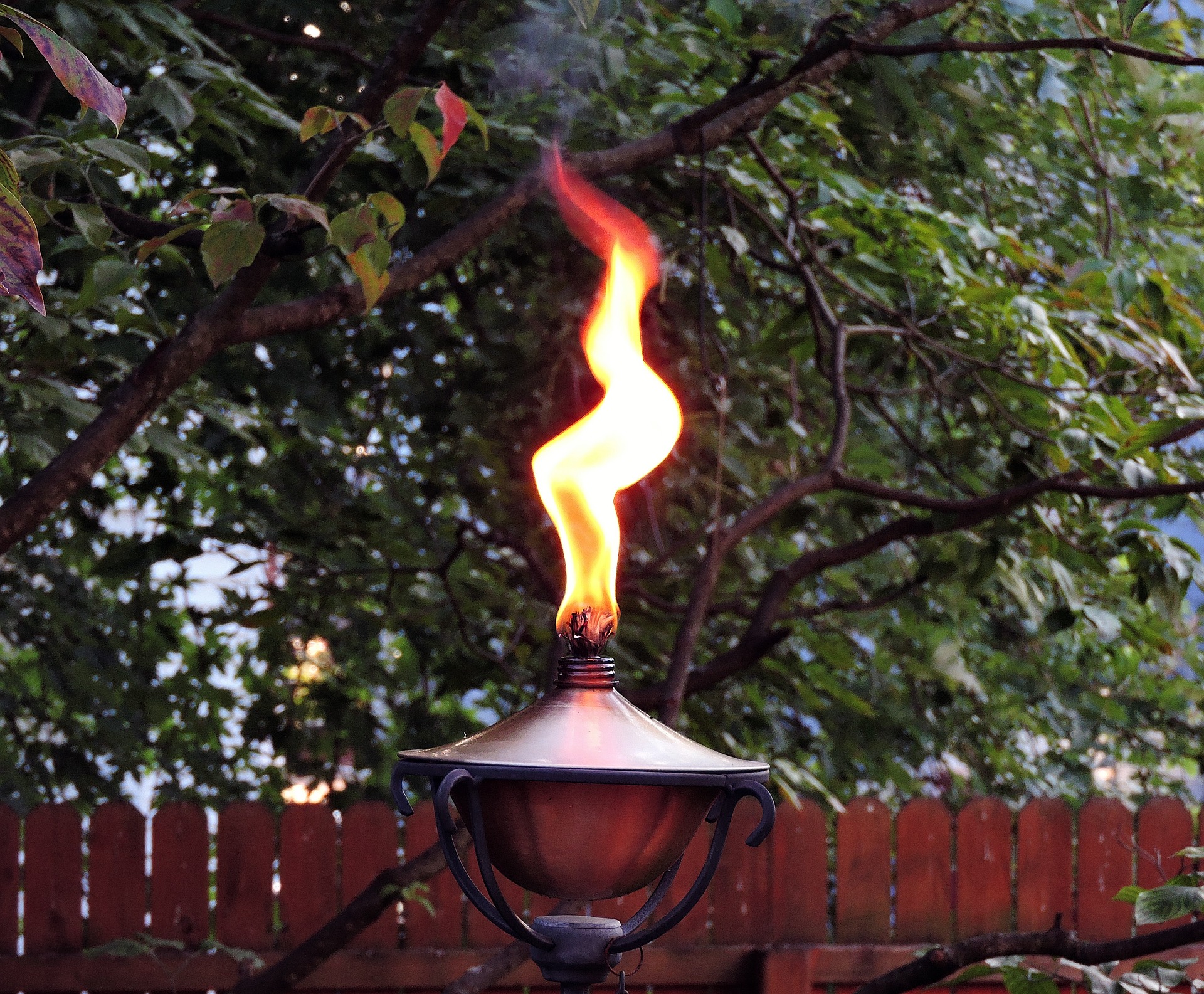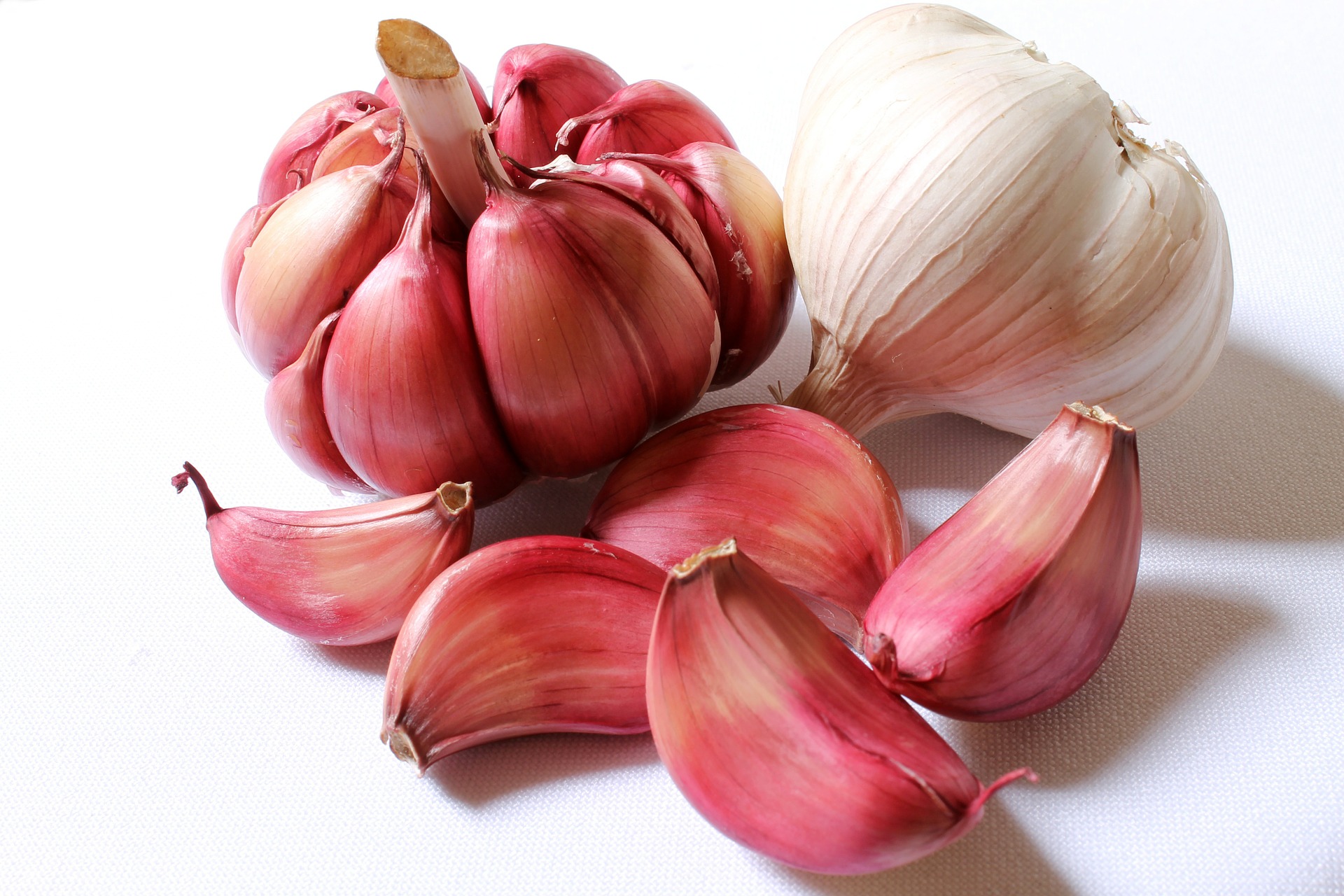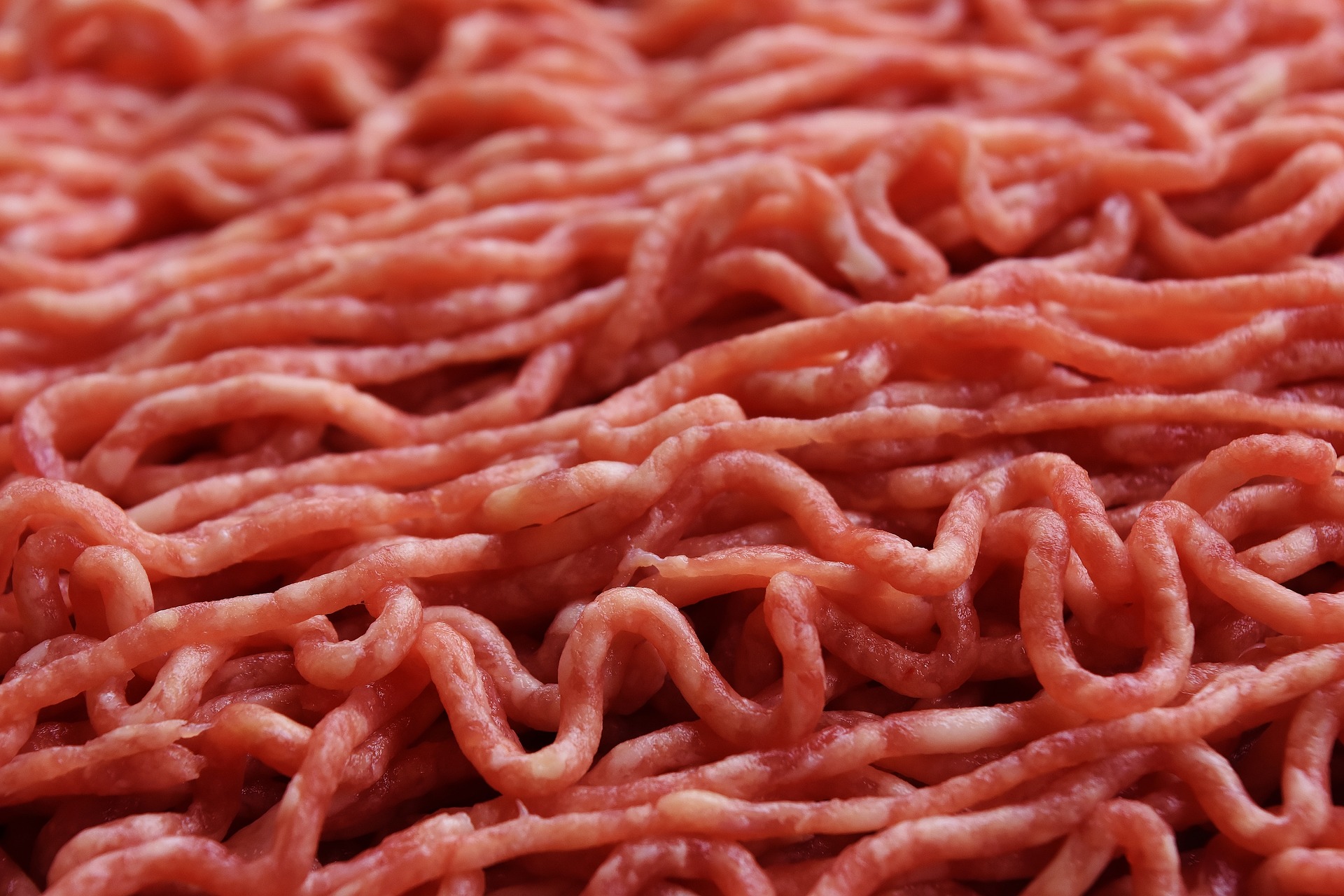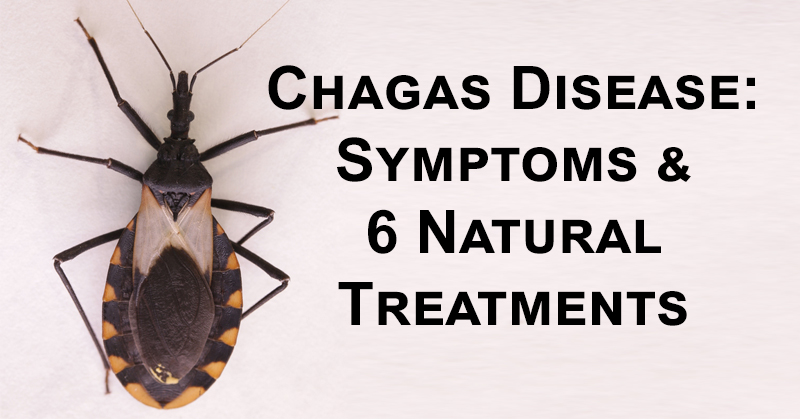Chagas disease symptoms can vary. Depending on what stage it’s in, acute or chronic, you will see different Chagas disease symptoms. Although, Chagas disease symptoms can overlap from one stage to the next. Common Chagas disease symptoms include loss of appetite and swelling at the infection sight. Later stages of Chagas disease symptoms include irregular heartbeat or even congestive heart failure. Unfortunately, any people don’t experience Chagas disease symptoms until the chronic stage. However, there are a number of Chagas disease treatment methods available. Traditional Chagas disease treatment methods involve killing the parasite in the acute infection. Managing symptoms is also part of a Chagas disease treatment. If you suspect you’ve been infected, get in to see your doctor for a Chagas disease treatment immediately. Otherwise, the best Chagas disease treatment is prevention. For prevention and other Chagas disease treatment methods, read below.
Here are the acute phase symptoms of Chagas disease: (1)
- Swelling at the infection site
- Fever
- Fatigue
- Rash
- Body aches
- Eyelid swelling
- Headache
- Loss of appetite
- Nausea, diarrhea or vomiting
- Swollen glands
- Enlargement of your liver or spleen
Symptoms of the chronic phase of Chagas disease may occur 10 to 20 years after the initial infection. Or, they may never occur at all. (2)
If left untreated, Chagas disease can lead to the following symptoms:
- Irregular heartbeat
- Congestive heart failure
- Sudden cardiac arrest
- Difficulty swallowing due to enlarged esophagus
- Abdominal pain or constipation due to enlarged colon
Here are 6 ways you can prevent contracting Chagas disease:
1. Sleep in a Protective Environment

Nicknamed kissing bugs, the bugs that cause Chagas disease have a tendency to live in weak-structured buildings made from natural materials like mud, straw and palm. They come out at night in order to feed. (3)
In order to decrease your risk of being bitten, sleep indoors. If you’re camping, especially in South America, sleep in a well-constructed, sealed tent. If possible, use screens or mesh covers. Additionally, cover your bare skin as much as you can.
2. Spray Areas That Might Have Kissing Bugs

Some organizations, such as the Pan American Health Organization, is now using strong bug repellents to kill off the kissing bug population. (4)
You can use a bug repellent as well. Use one on your bed and around high-risk locations. Additionally, diffusing certain oils, such as citronella oil, may ward off unwanted pests. Furthermore, consider contacting a professional pest control company.
3. Protect Your Skin
You should wear protective clothing when you spend time outside in an area that has kissing bugs. This is especially true at night, as that is when they emerge from their hiding spots to eat. Use bug repellent, too. This will deter the bugs from approaching you.
4. Keep Bugs From Entering Your Home & Biting Your Pets (5)
- Seal cracks and holes. Be sure to cover both indoors and outdoors.
- Replace weather-stripping. Also repair loose mortar around the basement and windows.
- Be sure there is no gap underneath your door. If you can see light from outside under a door, insects can fit through the opening and enter your home.
- Additionally, outdoors remove nesting areas and food sources for nuisance wildlife that could serve as hosts for kissing bugs. Debris piles should be regularly removed from your yard. Firewood should be stored at least 20 feet from your house.
- Keep pets indoors at night, as they can be bitten then transmit the disease
5. Boost Your Immune System with a Parasite Cleanse

A healthy detoxifying diet will not likely clear up an infection on its own. However, it will lend itself to your healing, and it will likely make you feel better. Supplement your doctor’s plan by boosting your immune system.
- Black walnut supplements can help reduce symptoms of intestinal infection. Take 250 milligrams 3 times daily. (6)
- Wormwood is known for its anti-parasitic properties. Try taking 200 milligrams, 3 times daily. (7)
- Use oregano essential oil. It contains antibacterial and anti-parasitic compounds. Alternatively, take oregano supplements (500 milligrams, 4 times daily). (8)
- Increase your intake of cleansing foods. This includes fresh herbs or spices like ginger and turmeric, fennel, lemon juice, aloe vera, raw honey and raw garlic.
6. Be Cautious about Foodborne Transmission

Although it is rare, a Chagas disease infection can occur due to drinking contaminated water. You can also get it from eating contaminated foods, though this too is rare. However, in certain regions of South America, the infections are more common. People have reported a number of cases of foodborne Chagas disease after eating foods including sugar cane, fruit juice, palm berry, acai berry and possibly undercooked meat. (9,10)
Contamination may happen when kissing bugs leave behind trace amounts of feces on fruit or are crushed during food processing. To limit contracting the disease, follow these tips:
- Look for any unusual signs or symptoms after returning from a trip to an infected region. This applies especially if you’ve been eating the foods mentioned above. Be sure to tell your doctor.
- Don’t eat undercooked or raw meat
- When visiting a high-risk location, limit your intake of raw fruits, juices or veggies.
- Don’t drink any untreated, unfiltered water that may be contaminated. This includes, for example, water from streams or lakes.
- Cook your food thoroughly to help reduce the presence of any parasites.


